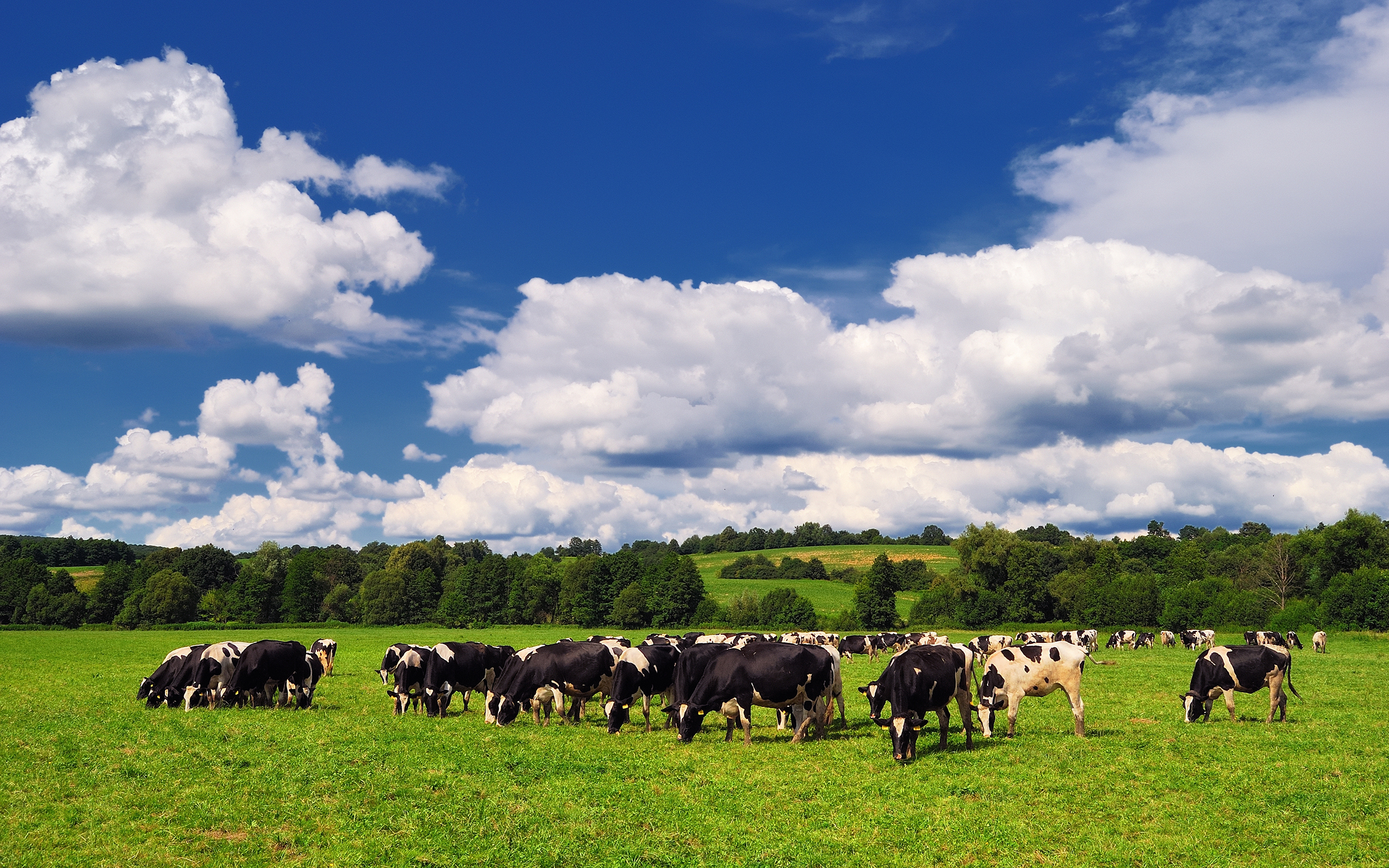Cattle and humans may have diverged from the evolutionary tree a while back in time, but genetic mutations in cattle may lead to pulmonary hypertension such as that seen in humans. A research group led by principal investigator Rizwan Hamid, MD, PhD, and lead author John H. Newman, MD, wrote an article appearing in Nature Communications that detailed how a gene mutation found in high-altitude cattle causes pulmonary hypertension and may explain some features of human disease, such as emphysema and pulmonary fibrosis.
“A genetic variant in cattle might tell us why some humans get into trouble at sea level and at altitude,” said Dr. Newman, from Vanderbilt University Medical Center, in a news release. The gene mutation causes cattle to develop pulmonary hypertension, eventually leading to brisket disease, or right heart failure. These conditions develop when lowland cattle live at a high altitude for more than six months.
At a high altitude, oxygen levels are lower than they are at a low altitude. Low oxygen in the lungs induces hypoxia, which leads to vasoconstriction. If the lungs feel hypoxia for a long enough period of time, the constricted blood vessels become muscularized and increase blood pressure in the lungs, leading to pulmonary hypertension. Then, since it is more difficult for the heart to pump blood against a high pressure gradient, the cattle experience right heart failure if not brought back to a lower altitude.
This all relates to human pulmonary hypertension in humans through HIF2α, a protein expressed in hypoxia. Dr. Newman collaborated with Timothy Holt, DVM, who is an expert on brisket disease at Colorado State University. Together, the two identified that there was a mutation in EPAS1, the gene that encodes HIF2α. They published these findings in “Increased Prevalence of EPAS1 Variant in Cattle with High-Altitude Pulmonary Hypertension.”
“The EPAS1 variant will be a tool to determine the cells and signaling pathways leading to high-altitude pulmonary hypertension,” wrote the authors. In addition to helping ranchers determine which cows hold mutations and should be kept at a low altitude, they are also learning more about how HIF2α induction results in excessive pulmonary hypertension.
[adrotate group=”4″]

